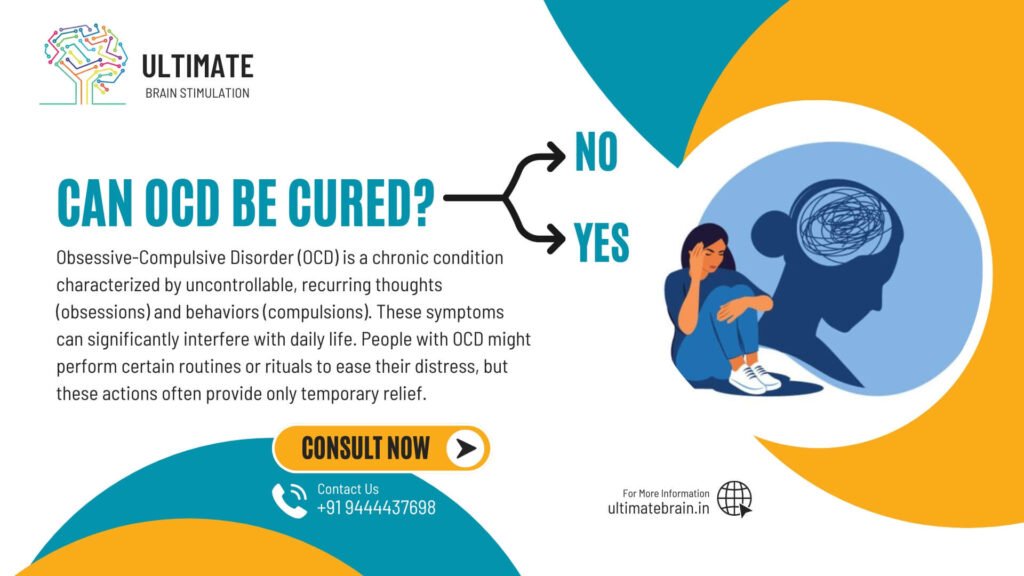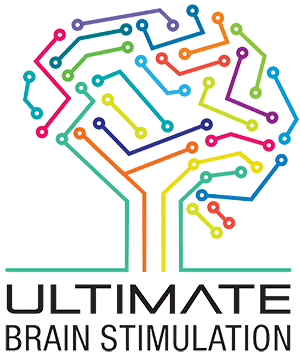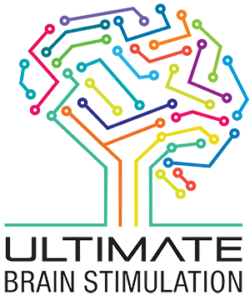Introduction
Hello, I’m Dr. Murugappan, and I run the Ultimate Brain Stimulation Clinic in Chennai. Today, we’re discussing an important topic: managing OCD (Obsessive-Compulsive Disorder). Our clinic offers advanced treatments designed to help those struggling with OCD. Let’s explore what OCD is, the treatments available, and how our clinic can assist in managing this condition.

Understanding OCD
Common Symptoms and Behaviors
People with OCD might experience:
- Excessive cleaning or hand-washing
- Checking things repeatedly (like locks or appliances)
- Counting or repeating words silently
- Arranging items in a specific order
Definition and Symptoms
OCD, or Obsessive-Compulsive Disorder, is a mental health condition characterized by unwanted and intrusive thoughts (obsessions) and repetitive behaviors (compulsions). Common symptoms include excessive cleaning, repeated checking, and strict ordering of items.
Impact on Daily Life
OCD can severely disrupt daily life, affecting work, school, and personal relationships. It often leads to significant anxiety and stress, making routine tasks challenging.
Effective Management of OCD
Differentiating Between Management and Cure
When discussing OCD, it’s essential to understand the difference between managing symptoms and seeking a cure. While a complete cure may not always be possible, effective management can significantly reduce symptoms and improve quality of life.
Realistic Expectations
Managing OCD involves setting realistic goals. With proper treatment, individuals can lead fulfilling lives, even if some symptoms persist.
Therapeutic Approaches
Cognitive Behavioral Therapy (CBT)
CBT is a common treatment for OCD that focuses on changing negative thought patterns and behaviors. It helps patients develop healthier coping mechanisms.
Exposure and Response Prevention (ERP)
ERP, a type of CBT, is considered highly effective for OCD. It involves gradually exposing patients to their fears in a controlled environment, helping them resist the urge to perform compulsive behaviors.
Medication Options
Medications, such as selective serotonin reuptake inhibitors (SSRIs), can be beneficial for managing OCD symptoms. These are often used alongside therapy.
Advanced Treatments at the Clinic
Transcranial Magnetic Stimulation (TMS)
TMS is a non-invasive procedure that uses magnetic fields to stimulate specific areas of the brain. It has shown promise in reducing OCD symptoms, particularly in patients who haven’t responded to traditional treatments.
Deep Brain Stimulation (DBS)
DBS involves implanting electrodes in targeted brain areas to regulate abnormal activity. This treatment is typically reserved for severe cases of OCD.
Personalized Treatment Plans
Customizing Therapy for Individual Needs
At the Ultimate Brain Stimulation Clinic, we create personalized treatment plans tailored to each patient’s unique needs. This approach ensures the most effective care.
Importance of Patient Education
Educating patients about their condition and treatment options is crucial. We empower our patients with knowledge to understand and actively participate in their treatment journey.
Success Stories
Case Study: Severe OCD Improvement
One of our patients, who had severe OCD, experienced significant improvement through a combination of ERP and TMS. This integrated approach helped them regain control over their life.
Case Study: Combined Therapy Success
Another patient, resistant to traditional therapies, showed remarkable progress with DBS and ongoing support from our team. Their quality of life has improved substantially.
Seeking Treatment
Initial Consultation
The first step to treatment at our clinic is an initial consultation, where we discuss symptoms, medical history, and treatment goals.
Diagnostic Assessments
We conduct thorough assessments to understand the severity and specifics of OCD, helping us craft targeted treatment plans.
Customized Plans
Based on assessments, we develop customized treatment plans that may include various therapies and medications.
Self-Help Strategies
Mindfulness and Meditation
Incorporating mindfulness and meditation into daily routines can help manage OCD symptoms by promoting relaxation and reducing anxiety.
Lifestyle Changes
Adopting a healthy lifestyle, including regular exercise and a balanced diet, supports overall mental health and well-being.
Addressing Misconceptions
Common Myths about OCD
- Myth: OCD is Just About Cleanliness
OCD involves a wide range of obsessions and compulsions beyond just cleanliness. - Myth: People with OCD Can Simply Stop Their Behaviors
OCD is a complex condition that requires professional treatment and support.
FAQs about Treatment at the Clinic
What Makes the Ultimate Brain Stimulation Clinic Unique?
Our clinic offers advanced and personalized treatment options tailored to each patient’s needs, utilizing therapies like TMS and DBS.
How Long Does Treatment Typically Take?
Treatment duration varies based on individual needs. Some patients see improvement within a few months, while others may require longer-term support.
Are the Therapies Safe?
Yes, therapies such as TMS and DBS are generally safe and well-tolerated. We closely monitor patients to ensure safety and treatment effectiveness.
What is the Success Rate of the Treatments?
Many of our patients experience significant symptom relief. Success rates vary, but our integrative approach aims to maximize positive outcomes.
Can Children with OCD Be Treated?
Yes, we tailor our treatments to suit younger patients and their specific needs.
Conclusion
Managing OCD can be challenging, but there is hope. With the right treatment and support, individuals can manage their symptoms and lead fulfilling lives. At the Ultimate Brain Stimulation Clinic, we are dedicated to providing advanced and personalized care to help our patients on their journey to recovery. If you or a loved one is struggling with OCD, don’t hesitate to seek help.
Additional FAQs
Can OCD Come Back After Treatment?
OCD can be chronic, but with effective treatment and ongoing support, many individuals maintain their progress and manage any recurrence of symptoms.
How Can Family Members Support Someone with OCD?
Family members can support by being understanding, encouraging treatment, and educating themselves about the condition.
Are There Any Side Effects of OCD Treatments?
Some treatments may have side effects, but these are generally manageable. It’s important to discuss any concerns with your healthcare provider.
How Often Should Therapy Sessions Be?
Therapy session frequency varies based on individual needs. Initially, sessions might be more frequent, gradually reducing as progress is made.
Can OCD Be Treated Without Medication?
Yes, many individuals benefit from therapy alone, particularly ERP. However, some may require medication for optimal results.
Make an Appointment Today!
Call us at(+91)9444437698!
For more information, visit Ultimate Brain Stimulation Clinic.
Connect on LinkedIn
Watch on YouTube.
Contact us on WhatsApp.
For additional wellness services, check out Silkee.

